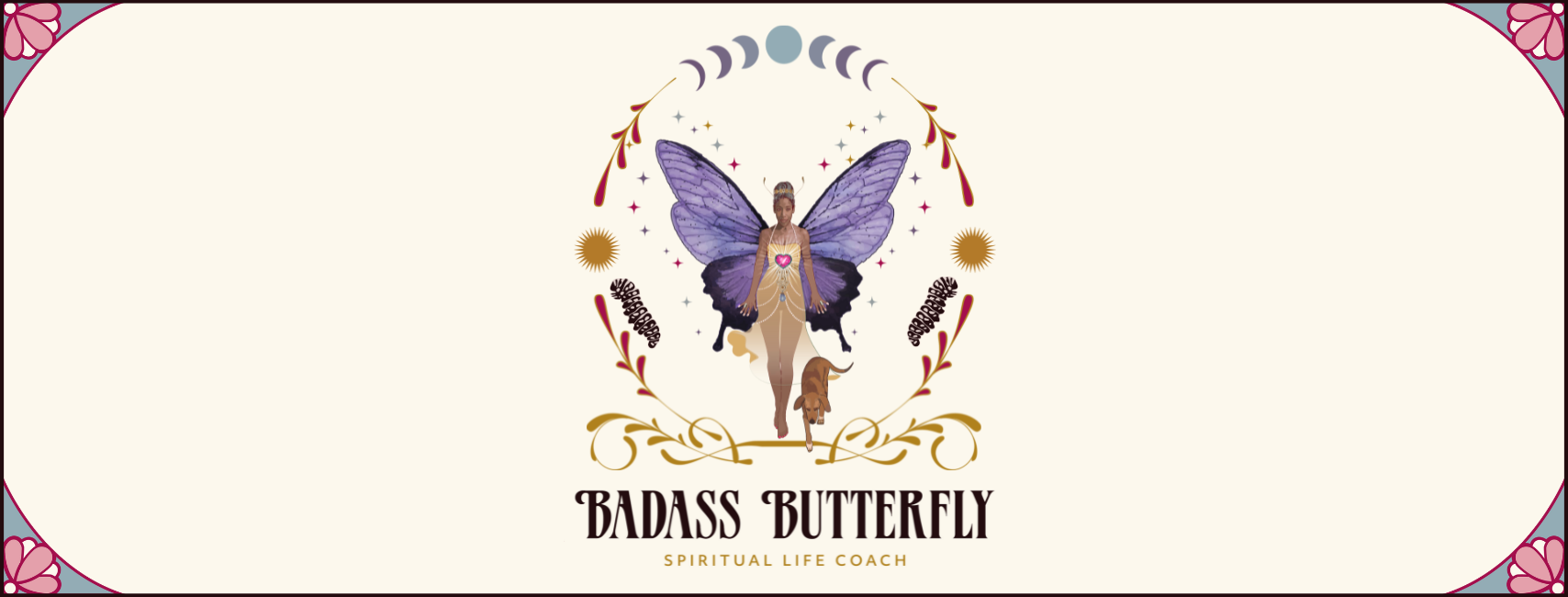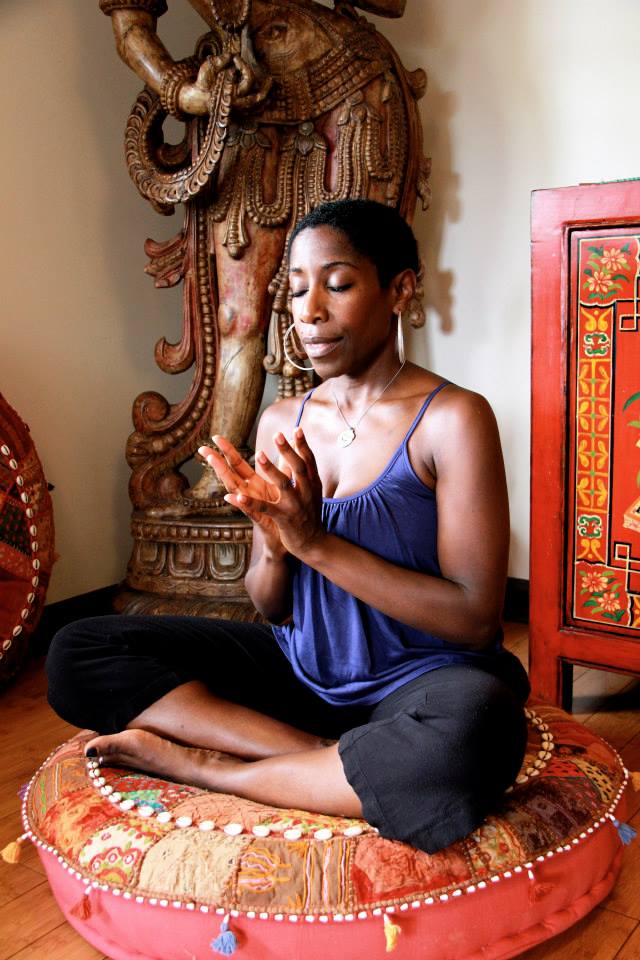
There’s a conversation I’ve had with so many women who are considering the path of becoming a spiritual life coach. It’s a conversation that often starts with excitement and curiosity, but then quickly turns to doubt. “Who am I to coach others?” they ask. “How can I guide someone else when I’m still working through my own issues? I’m not perfect—I don’t have it all figured out.” This, of course, is the voice of Imposter Syndrome. It’s that nagging doubt that tells us we’re not good enough, that we don’t deserve to take up space in the very areas where we’re most needed.
But here’s the thing: the very qualities that make you feel unqualified—your past pain, your trauma, your imperfections—are the same qualities that make you an incredible coach. Yes, you may not have all the answers, and yes, you may still be on your own healing journey. But that’s exactly what makes you relatable, empathetic, and ultimately, effective.
Imposter Syndrome whispers that you’re a fraud, that you’ll be found out as someone who doesn’t really know what they’re doing. It feeds off the idea that to be of service to others, you need to be perfect. But perfectionism is a trap. It’s a belief that keeps you small, that convinces you to wait until you’ve somehow “arrived” at a place where everything in your life is flawless before you can help others. But that place doesn’t exist, and it doesn’t need to.
The truth is, nobody has it all figured out. And if we wait for the day when we’re perfect before we allow ourselves to step into roles of service, we’ll be waiting forever. What truly matters in spiritual life coaching isn’t perfection—it’s authenticity. It’s about being real with your clients, about sharing your own journey, your struggles, and your victories. It’s about showing up as you are, with all of your flaws and vulnerabilities, and using those experiences to connect with others on a deeper level.
Think about it: when you’ve gone through pain and trauma, when you’ve faced your own darkness and come out the other side, you gain a kind of wisdom that can’t be learned from books or classes. You understand what it means to be in the depths of despair, and you know the courage it takes to rise above it. That’s what makes you a powerful guide for others. You’re not speaking from a place of theory or abstract knowledge; you’re speaking from lived experience.
And let’s be honest—perfectionism is exhausting. It’s a constant battle to keep up appearances, to maintain an image of having it all together. But what if you didn’t have to? What if the very things you’re trying to hide—the mistakes, the failures, the moments of doubt—are the things that will actually draw people to you? Clients aren’t looking for someone who’s perfect; they’re looking for someone who’s real, who’s been through the fire and come out stronger, someone who can say, “I understand, because I’ve been there too.”
Imposter Syndrome will always try to tell you that you’re not enough. But the reality is that your imperfections, your past pain, and your ongoing healing journey are your greatest assets as a spiritual life coach. They give you the ability to connect with others on a profound level, to offer them the kind of support that comes from true empathy and understanding.
In the end, being a great spiritual life coach isn’t about having a perfect life. It’s about having a life that’s been lived fully, with all of its ups and downs, and using those experiences to help others navigate their own paths. It’s about embracing your imperfections and recognizing that they’re not weaknesses—they’re strengths.
So, when that voice of doubt creeps in, telling you that you’re not ready, that you’re not good enough, remember this: You don’t need to be perfect to be of service. You just need to be willing. Willing to show up, willing to share your story, and willing to use your unique experiences to guide others toward their own healing and growth. Your imperfections are what make you human, and they’re what make you a truly remarkable coach.





 Hi there! My name is Crystal Lynn Bell and I am a Spiritual Empowerment Coach. I'm currently living in Paris, doing my coaching, writing my book, and studying French language and culture at the Sorbonne. I love Paris and I'm excited to be hosting a retreat here this winter called
Hi there! My name is Crystal Lynn Bell and I am a Spiritual Empowerment Coach. I'm currently living in Paris, doing my coaching, writing my book, and studying French language and culture at the Sorbonne. I love Paris and I'm excited to be hosting a retreat here this winter called 


